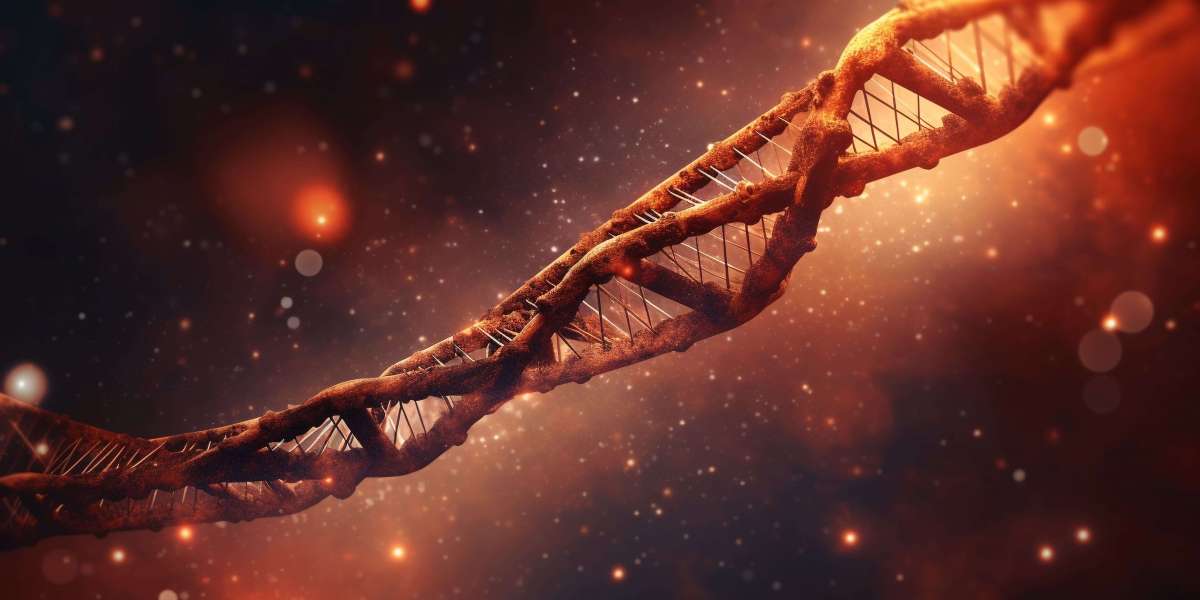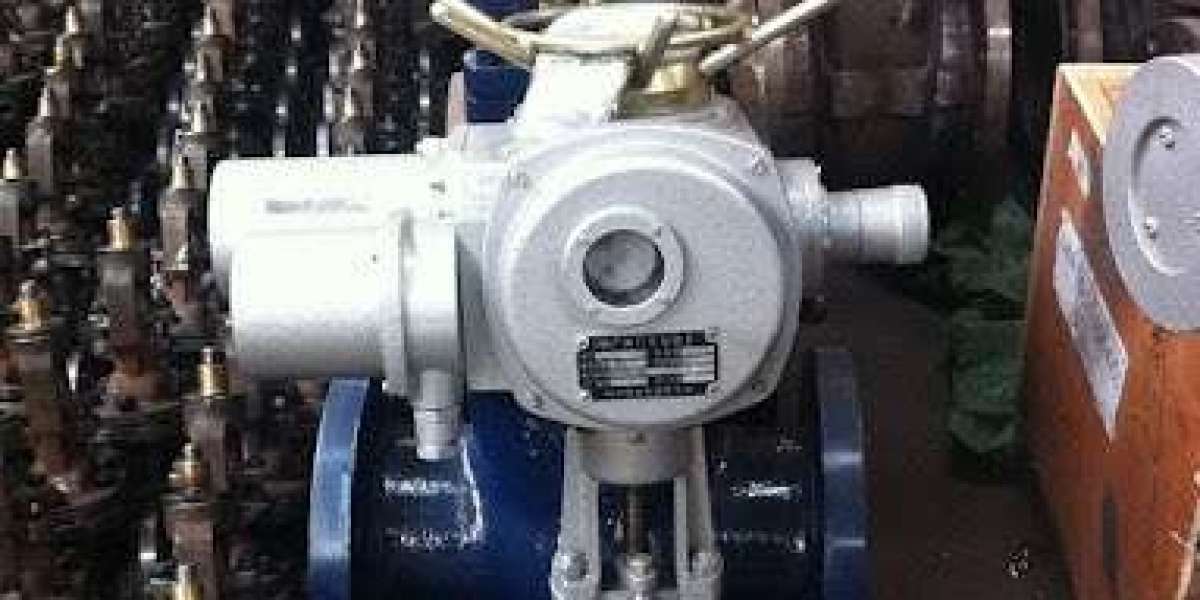Neuromuscular disorders, a group of conditions that impair the function of muscles and the nerves that control them, have long posed significant challenges in medicine. These disorders, including Duchenne muscular dystrophy (DMD), spinal muscular atrophy (SMA), and amyotrophic lateral sclerosis (ALS), often lead to progressive muscle weakness, loss of mobility, and, in severe cases, premature death. Traditional treatments have primarily focused on managing symptoms rather than addressing the underlying genetic causes. However, recent advances in nucleic acids and gene therapies are revolutionizing the treatment landscape for these debilitating conditions.
The Role of Nucleic Acids in Neuromuscular Disorders
Nucleic acids, the building blocks of DNA and RNA, play a crucial role in gene expression and regulation. In the context of neuromuscular disorders, mutations in specific genes disrupt the production of proteins essential for muscle function. For instance, in Duchenne muscular dystrophy (DMD), a mutation in the dystrophin gene prevents the production of dystrophin, a protein critical for muscle integrity. Nucleic acid-based therapies, including antisense oligonucleotides (ASOs) and small interfering RNAs (siRNAs), aim to correct these genetic defects by modulating gene expression at the RNA level. These therapies hold great promise for altering the course of neuromuscular disorders by targeting the root cause of the disease.
Gene Therapies: A New Frontier in Neuromuscular Disorder Treatment
Gene therapies represent a groundbreaking approach in the treatment of neuromuscular disorders. By delivering functional copies of genes or gene-editing tools directly into the affected cells, these therapies have the potential to restore normal protein production and significantly improve patient outcomes. One of the most promising applications of gene therapy is in the treatment of Duchenne muscular dystrophy. DMD gene therapy involves the delivery of a micro-dystrophin gene, a shortened but functional version of the dystrophin gene, into muscle cells. This approach has shown encouraging results in preclinical and early clinical trials, offering hope to patients and families affected by this devastating condition.
The Future of Nucleic Acids and Gene Therapies in Neuromuscular Disorders
The development of nucleic acids and gene therapies for neuromuscular disorders is still in its early stages, but the potential benefits are immense. Ongoing research and clinical trials are exploring various strategies to enhance the delivery, specificity, and safety of these therapies. For instance, advances in viral vectors, such as adeno-associated viruses (AAVs), have improved the efficiency of gene delivery to target tissues. Additionally, CRISPR-Cas9 gene editing is being investigated as a tool for correcting specific mutations at the DNA level, offering the possibility of a permanent cure for certain neuromuscular disorders.
Conclusion
Nucleic acids and gene therapies are ushering in a new era of treatment for neuromuscular disorders. While challenges remain, the progress made so far provides a glimpse into a future where these next-generation therapeutic strategies could transform the lives of patients with conditions like Duchenne muscular dystrophy. As research continues to advance, the hope is that these innovative approaches will lead to more effective, targeted, and potentially curative treatments for a wide range of neuromuscular disorders.
Trending Reports
Is the cure for Duchenne Muscular Dystrophy in the pipeline?
In Search for a Curative Treatment Option for Duchenne Muscular Dystrophy
Duchenne Muscular Dystrophy Market: What's More Beyond Exon-Skipping Therapies?
Sarepta’s ELEVIDYS: First Gene Therapy for Duchenne Muscular Dystrophy (DMD) Treatment
Nucleic Acids and Gene Therapies in Neuromuscular Disorders: Next-Generation Therapeutic Strategies








